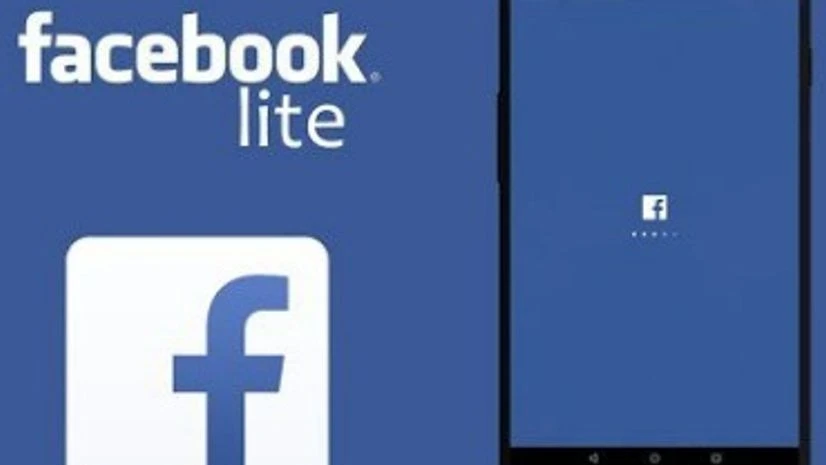Facebook is looking to revolutionise the way brands interact with customers through sophisticated software known as bots that can hold elaborate conversations. These pieces of code that emulates artificial intelligence (AI) will spearhead the company’s monetisation strategy for its Messenger app which has over 900 million users as of today.
Mark Zuckerberg introduced chatbots for Messenger at the recent F8 developer conference, giving us a broad idea of what they will be able to do. For starters, users will be able to get weather and other updates from within the Messenger app, but more sophisticated uses include receiving invoices and facilitating customer care queries.
Bots have been active on the beta version of Messenger for the past two days and the verdict by early users has been that there’s still a long way to go to make the interactions more human. While work on that will definitely continue, the goal is to aid customers to talk to brands more easily by phasing out interactive voice response (IVR) or human assistance.
“Bots can provide anything from automated subscription content like weather and traffic updates, to customized communications like receipts, shipping notifications, and live automated messages all by interacting directly with the people who want to get them,” said Facebook in a blog post.
Today, customers receive updates from brands via SMS or email, however, this communication is often one way, serving as mere alerts. Facebook wants to change that by allowing users to ask or actively respond to communication from brands. The blog post uses the example of a user asking the CNN chat bot for “top stories” and surely enough the bot serves up the top stories on CNN’s website.
While Facebook will benefit from brands paying to interact with their customers, brands too can use Messenger to facilitate conversations with customers for a lot less money. Traditional methods of automated messages and emails were very lightly customised, however, given the artificial intelligence aspect of bots, the amount of personalisation can be maximised.
These bots aren’t truly artificial intelligence so as to speak, but are programmed to respond to situations appropriately and reprogram themselves based on the responses from users. Google has been knocking on the door of seemingly intelligent digital assistants for a few years now with its Google Now platform.
| Key Partners for 'Bots on Messenger' | |
| CNN | News |
| Business Insider | News |
| Burger King | Food Ordering |
| Bank of America | Mobile banking |
| Zendesk | Customer communication |
| Salesforce | Customer communication |
| Healthtap | Medical queries |
| HP | On-demand printing |
| 1-800-Flowers | On-demand flowers |
“Chat bots as they are today are like those automated voice messaging responses we've had for years. They're not intelligent, they can't think. They're programmed to say the same thing, in mostly the same order and detect a few keywords to pull up some content,” said Ashwini Asokan, co-founder and CEO of artificial intelligence startup Mad Street Den.
Google Now is powered by the company’s DeepMind AI engine, similar to how Messenger bots run on Facebook’s AlphaGo platform. Experts say that both products are fronts for each company to show off the progress they’ve made in building AI and also to get their hands on large sets of users which helps build more robust solutions for the future.
Facebook’s Wit.ai helps developers build solutions that can interpret intent from natural language, and continuously learn to get better over time. These advances will get better as more and more users begin to use the feature, but that should be easy with the nearly 1 billion users Messenger already has.
“It's a first step towards where chat bots could go in the future. And that evolution will take time. A chat bot needs to understand context, relevance and more importantly, it has to become a place where people go to get help. Right now, the way it's being positioned, companies are envisioning it as the place people go to browse,” added Asokan.
It isn’t just Facebook and Google that are working on AI and looking at ways to bring it to consumers. Microsoft for instance has Cortana, an AI-powered personal assistant that helps users of its Windows 10 platform perform tasks quicker. The company also let loose its Twitter-bot on the social networking platform, learning and responding to others who interacted with it. Microsoft had to pull the plug on its bot since people quickly trained it to be racist.
Apple and e-commerce giant Amazon too are working on their own iterations of Artificial Intelligence bots. While Apple’s will help users achieve better productivity on their devices, Amazon’s will help make shopping much easier. Echo, the bluetooth speaker from Amazon helps customers create a shopping list by just talking to the device, apart from understanding and answering any other queries that a user might have.

)
